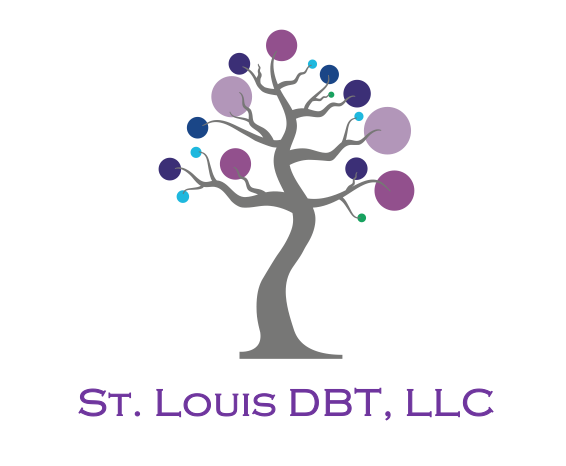Welcome to the Tribe!
We’re glad you’re here!
Radically Open DBT (RO-DBT) is an evidence-based adaptation of standard DBT developed specifically to treat disorders of over-control.
What is over-control (OC)?
Over-control (OC) is both a biologically based temperament and a style of coping. OC individuals tend to:
Be conscientious, reserved, and perfectionistic
Take life a little too seriously
Have high personal standards
Care a great deal about doing what’s regarded as the “right thing”
Plan ahead and forego personal needs in order to meet long-term goals or to help others
Tend to control or constrain expressions of emotion
Although high self-control is generally thought to be a good quality, research shows that too much self-control can actually become problematic. Over-control is associated with emotional loneliness, social isolation, and difficulty connecting to others and developing intimate social bonds. In RO-DBT, we aim to join a tribe to connect with others to create a life worth sharing.
How does RO-DBT treat over-control?
RO-DBT is informed by research demonstrating that emotions function to communicate with others and create social bonds. OC coping interferes with our ability to engage in behaviors that help us to develop close social connections, which causes loneliness and distress.
RO-DBT teaches individuals how to change their social signaling so that emotional expression better fits the social context. This results in increased trust, sense of belonging, and social connectedness.
“If I know anything, it is that I don’t know everything and neither does anyone else.”
RO-DBT is usually delivered around 30 sessions of both individual therapy and skills classes. It’s a structured, collaborative therapy in which people learn tangible skills that they can immediately begin to practice.
Radically Open Skills Class
St. Louis DBT offers Radically Open Skills classes for Adults on Wednesdays and Thursdays. Radically Open skills classes are open to folks who see a Radically Open DBT therapist as well as folks who are seeing outside therapists.
Radically Open Skills Class will cover:
Distress Tolerance - how to activate our social safety system in our body to decrease that “fight or flight” response
Interpersonal Effectiveness - how to communicate our inner emotions, speak candidly, and how to say no with openness
Mindfulness - how to become mindful of our current emotions as well as mindfulness of others
Emotion Regulation - how to take responsibility for our emotions, learn how to grieve effectively, notice burnout and/or bitterness and envy.
How is RO-DBT different than DBT?
RO-DBT is a new treatment developed by Dr. Thomas Lynch to treat people who lean toward emotional Over-control (OC). In recent times, some folks may describe this as “quiet borderline” or just call themselves shy.
While RO-DBT builds on core principles in standard DBT, the strategies used in RO-DBT are different. For example, while in DBT a person may learn skills for down-regulating or containing emotions and emotionally-driven behaviors in order to stabilize relationships, a person in RO-DBT may need to practice being more emotionally expressive in order to foster closeness in relationships. See this chart for more on the differences between DBT and RO-DBT.
How do I know which therapy is right for me?
Click the button below to take a survey that can help determine if you might be Over-Controlled or Under-Controlled.
Paying for Radically Open Services at St. Louis DBT
Our therapists are licensed in Missouri and Illinois. At this time, our therapists start at $140 per session (some insurances accepted for individual sessions), and our classes start at $70 per class. Classes are not covered by insurance, but are able to submitted for out of network benefits.
Not in Missouri or Illinois?
Visit www.radicallyopen.net to find an RO therapist near you.

